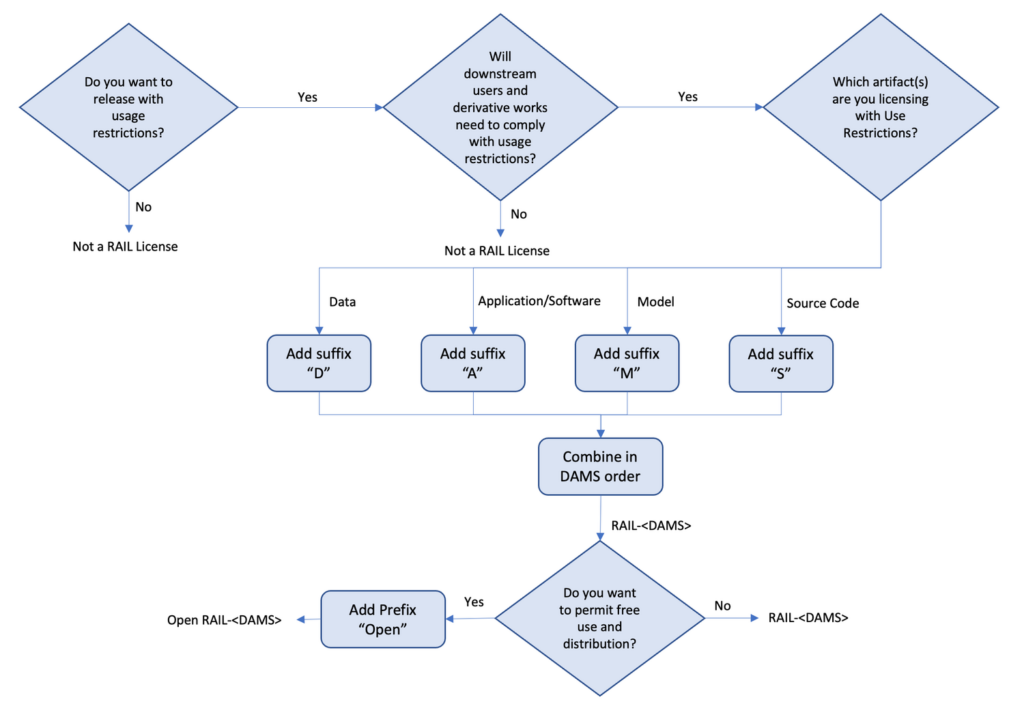Essay by Carissa Veliz: “As I write these words, articles are mushrooming in newspapers and magazines about how privacy is more important than ever after the Supreme Court ruling that has overturned the constitutionality of the right to have an abortion in the United States. In anti-abortion states, browsing histories, text messages, location data, payment data, and information from period-tracking apps can all be used to prosecute both women seeking an abortion and anyone aiding them. The National Right to Life Committee recently published policy recommendations for anti-abortion states that include criminal penalties for people who provide information about self-managed abortions, whether over the phone or online. Women considering an abortion are often in distress, and now they cannot even reach out to friends or family without endangering themselves and others.
So far, Texas, Oklahoma, and Idaho have passed citizen-enforced abortion bans, according to which anyone can file a civil lawsuit to report an abortion and have the chance of winning at least ten thousand dollars. This is an incredible incentive to use personal data towards for-profit witch-hunting. Anyone can buy personal data from data brokers and fish for suspicious behavior. The surveillance machinery that we have built in the past two decades can now be put to use by authorities and vigilantes to criminalize pregnant women and their doctors, nurses, pharmacists, friends, and family. How productive.
It is not true, however, that the overturning of Roe v. Wade has made privacy more important than ever. Rather, it has provided yet another illustration of why privacy has always been and always will be important. That it is happening in the United States is helpful, because human beings are prone to thinking that whatever happens “over there” — say, in China now, or in East Germany during the Cold War — to those “other people,” doesn’t happen to us — until it does.
Privacy is important because it protects us from possible abuses of power. As long as human beings are human beings and organizations are organizations, abuses of power will be a constant temptation and threat. That is why it is supremely reckless to build a surveillance architecture. You never know when that data might be used against you — but you can be fairly confident that sooner or later it will be used against you. Collecting personal data might be convenient, but it is also a ticking bomb; it amounts to sensitive material waiting for the chance to turn into an instance of public shaming, extortion, persecution, discrimination, or identity theft. Do you think you have nothing to hide? So did many American women on June 24, only to realize that week that their period was late. You have plenty to hide — you just don’t know what it is yet and whom you should hide it from.
In the digital age, the challenge of protecting privacy is more formidable than most people imagine — but it is nowhere near impossible, and every bit worth putting up a fight for, if you care about democracy or freedom. The challenge is this: the dogma of our time is to turn analog into digital, and as things stand today, digitization is tantamount to surveillance…(More)”.

